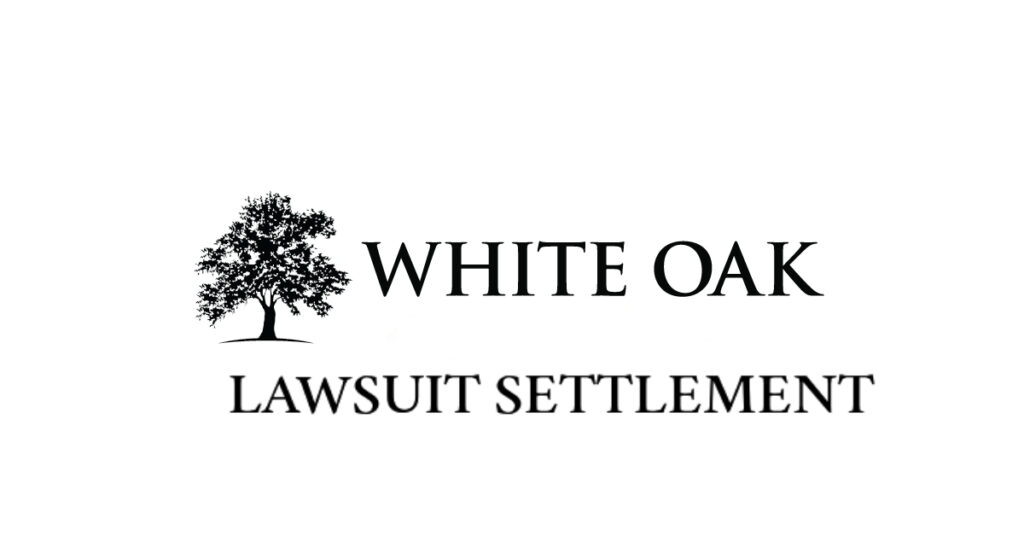The recent $100 million White Oak Global Advisors Lawsuit Settlement has sent ripples through the financial industry, raising questions about fiduciary responsibilities and the ethical conduct of investment firms. This case is a stark reminder of the importance of transparency, accountability, and adherence to fiduciary duties within the investment management sector.
Background of the Lawsuit
White Oak Global Advisors, a well-known investment firm specializing in alternative credit, found itself at the center of a legal storm that highlighted potential misconduct in its management of clients’ investments. The lawsuit was initiated by the New York State Nurses Association (NYSNA) Pension Plan, which accused White Oak of breaching its fiduciary duty by engaging in transactions that were not in the best interest of the plan’s participants.
The NYSNA Pension Plan alleged that White Oak had mismanaged their investments, leading to substantial financial losses. The central issue revolved around whether White Oak had failed to disclose certain critical information related to the investments, thus violating the fiduciary obligations it owed to its clients. The accusations also included claims that White Oak had engaged in self-dealing and other unethical practices that prioritized the firm’s profits over the financial well-being of its clients.
The Legal Battle
The legal proceedings were intense and closely watched by industry experts. White Oak Global Advisors vehemently denied the allegations, maintaining that all of their actions were within the bounds of the law and their fiduciary duties. However, as the case progressed, it became clear that settling the lawsuit might be in the best interest of both parties to avoid the lengthy and costly process of litigation.
The settlement, which exceeded $100 million, was a significant financial hit for White Oak. Although the firm did not admit to any wrongdoing, the size of the settlement suggests that the claims had substantial merit. This settlement was intended to compensate the NYSNA Pension Plan for the losses it allegedly incurred due to White Oak’s actions.
Implications of the Settlement
The $100 million settlement has broader implications for the investment management industry, particularly concerning the fiduciary responsibilities of investment advisors. The case underscores the need for transparency in investment decisions and the importance of prioritizing clients’ interests over those of the firm.
For White Oak, the settlement represents more than just a financial loss. The reputational damage associated with the lawsuit could have long-lasting effects on the firm’s ability to attract and retain clients. In an industry where trust is paramount, allegations of misconduct can be particularly damaging, even if the firm does not admit liability.
This case also highlights the critical role of oversight in investment management. Pension plans and other institutional investors must exercise due diligence in selecting and monitoring their investment advisors. This includes regularly reviewing investment performance, scrutinizing fees, and ensuring that the advisor is acting in the best interest of the beneficiaries.
Also read: Bluefire Wilderness Lawsuit: A Legal Dispute
Lessons for Investors
The White Oak lawsuit serves as a cautionary tale for both investment firms and their clients. For investors, it emphasizes the importance of understanding the investment strategies employed by their advisors and being vigilant about any potential conflicts of interest. Investors should not hesitate to ask questions and seek clarification on investment decisions and the rationale behind them.
For investment firms, the case reinforces the need for strict adherence to fiduciary duties and ethical conduct. The legal and financial repercussions of failing to do so can be severe, as demonstrated by the White Oak settlement. Firms must ensure that they are acting in the best interests of their clients at all times and that they are fully transparent about any potential conflicts of interest.
The Role of Regulatory Bodies
The White Oak case also brings to light the role of regulatory bodies in maintaining the integrity of the financial markets. Regulatory agencies such as the Securities and Exchange Commission (SEC) are responsible for enforcing laws that protect investors from fraudulent and unethical practices. This case may prompt regulators to take a closer look at the practices of investment advisors and to consider whether additional regulations or enforcement actions are necessary to prevent similar issues in the future.
Conclusion
The $100 million settlement in the White Oak Global Advisors lawsuit serves as a significant reminder of the responsibilities that come with managing other people’s money. For White Oak, the financial and reputational costs of the settlement are a stark lesson in the importance of adhering to fiduciary duties and maintaining transparency in all dealings. For the broader investment community, the case underscores the critical need for vigilance, both on the part of investment firms and their clients, to ensure that the interests of investors are always placed first.







